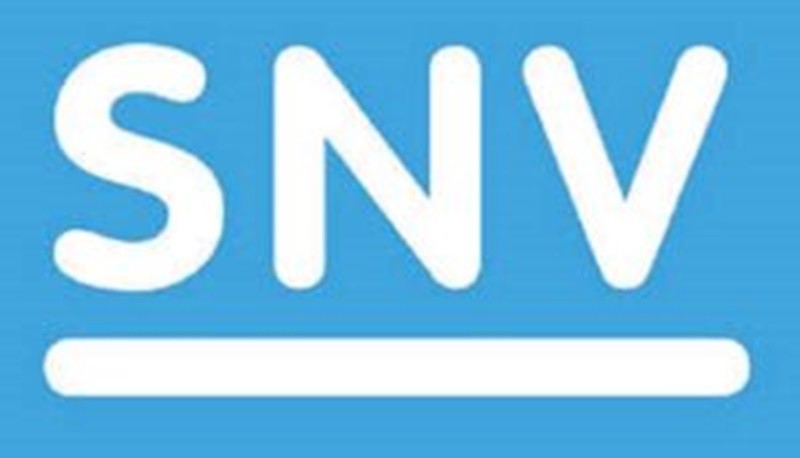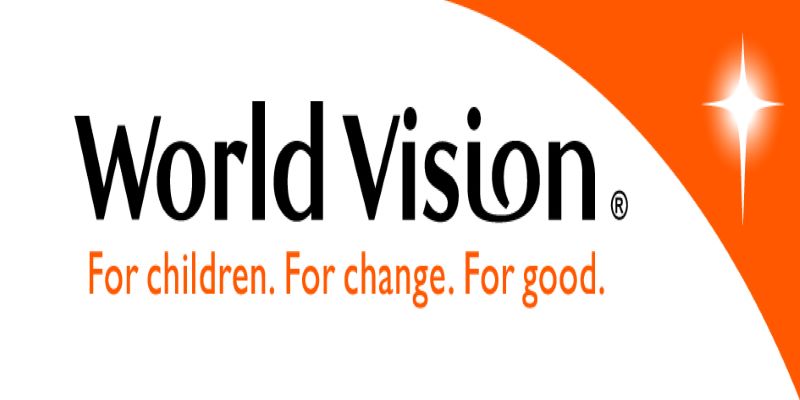Le Groupe de la Banque mondiale offre des avantages complets, notamment un plan de retraite, une assurance médicale, une assurance vie et une assurance invalidité, ainsi que des congés payés, y compris un congé parental, et des aménagements raisonnables pour les personnes handicapées.
Nous sommes fiers d’être un employeur offrant l’égalité des chances et l’intégration, avec une main-d’œuvre dévouée et engagée, et nous ne pratiquons aucune discrimination fondée sur le sexe, l’identité sexuelle, la religion, la race, l’origine ethnique, l’orientation sexuelle ou le handicap.
Description
IFC has embarked on an ambitious new strategy to stimulate more investment activity, especially in Low Income Countries (LICs) and Fragile and Conflict Affected States (FCS). This new strategy aims at creating our own opportunities for private investment in riskier markets by proactively working in these countries to create, deepen, and expand the markets themselves. This strategy requires taking a systematic approach that draws on Country Strategies together with diagnostic tools, including Country Private Sector Diagnostics (CPSDs) and Sector Deep Dives to identify, assess, and prioritize new opportunities to deliver comprehensive and scalable solutions via upstream engagements and the implementation of the Cascade, in very close collaboration with World Bank colleagues at the country and sector level. Ultimately, it is about creating a new pipeline of bankable operations/ projects.
The Financial Institutions Group (FIG) is one of three major industry groups at IFC, responsible for managing roughly 40% of IFC’s overall business in terms of volume and capital at risk. FIG engages in a wide range of sub-sectors including Microfinance, SME, Gender Finance, Climate, Insurance, Capital Markets, Housing, Distressed Assets, and other areas, with both investment and advisory services delivered globally to IFC’s clients through IFC’s global network.
IFC’s priorities in FIG as an industry group are: (i) grow investment and advisory solutions in all regions it operates in, while achieving strong profitability and development impact (ii) build new and nurture existing client relationships to make IFC the preferred partner for key clients (iii) manage portfolio of assets for strong profitability and impact; (iv) support local companies, while improving transparency and corporate governance; (v) catalyze foreign investment, including mobilizing B loans, parallel loans, and other forms of capital mobilization; (vi) introduce and develop new financial solutions, products and platforms; (vii) build long-term partnerships with strong regional players; (viii) develop client, sector and country-level solutions through upstream and downstream interventions that can be scaled and replicated; and (ix) be a thought leader and innovator of products and client solutions globally.
Global trade is an engine of growth that creates jobs, reduces poverty and increases economic opportunities. It is a key driver of integration and opportunities for local enterprises in emerging markets and developing countries. Financing trade is fundamental to the movement of goods at all stages of the supply chain and can have a strong development impact in developing countries. IFC’s trade finance programs offer guarantees, risk-sharing facilities, loans and other structured products to support trade in emerging markets. Through these various products, IFC has supported more than 400 financial institutions and thousands of underlying companies in more than 90 countries across all regions of the globe. To date, IFC’s Trade and Supply Chain Finance has supported over $190 billion in global trade, all of which is directly linked to the movement of specific goods across emerging market borders.
IFC is going to launch the Africa Trade Recovery Support Initiative (“Initiative”) to assist African countries which aims to support trade flows of critical goods, equipment, and supplies to Africa during the economic recovery phase of the COVID-19 crisis. IFC is seeking a Trade Finance Officer for this Initiative.
The Trade Finance Officer will be responsible for implementing programs under this Initiative and contribute to the overall trade finance delivery in the Africa region. The Trade Finance Officer will report to the Regional Lead, Africa, Trade and Supply Chain Finance and will be based in Dakar, Senegal.
Role & Responsibilities:
The primary responsibilities of the role are:
• Design the products under the Africa Trade Recovery Support Initiative by identifying market opportunities and work closely with the Regional Lead to develop new projects and implement the program in a timely manner.
• Establish and maintain effective relationships with senior level clients and representatives of financial institutions and stay abreast of market development to manage risks taken in the portfolio.
• Lead business development, regional coordination, and processing of all aspects of projects and trade finance transactions from origination, due diligence, structuring, negotiations, approval process, documentation execution, and management of portfolio by collaborating with FIG regional colleagues.
• Take a full responsibility for trade appraisal by analyzing the potential banks’ trade finance operations, trade finance track record, risk control framework, trade booking systems, processes and procedures, skill sets of trade processing staff, and identify any advisory needs.
• Take a lead role in monitoring the performance of portfolio projects to ensure that committed transactions are consistent with all corporate guidelines, including the trade operational guidelines and protect IFC interests.
• Apply a thorough knowledge of trade finance, financial markets, emerging markets, insurance, and mobilization as well as sector and country risks and how to manage those risks; and
• Mentor and coach the activities of assigned junior trade staff, provide expert advice, and share experiences.
Selection Criteria
• Master’s degree in finance, business, economics or other related area; accreditation as a CFA or CPA is considered a plus.
• Minimum 8-10 years of experience in the financial sector, with track record in developing markets finance.
• Excellent knowledge of commercial banking products and services, experience in correspondent banking relationships and international trade products.
• Proven analytical, financial analysis, ability to form conclusions on company financial information or projects and industry indicators. Strong credit skills and excellent business judgment.
• Capacity to independently build productive and mutually beneficial relationships and networks. internally and externally with senior executives to identify business opportunities, create structuring solutions and innovations, and resolve issues.
• High degree of personal accountability; able to hold self and team accountable for outcomes.
• Self-motivated and organized; ability to conceptualize, plan and manage deliverables with a global team, with minimal supervision.
• Ability to systematically share with others good practice and learning from lessons from across WBG, clients, and partners.
• Excellent relationship management skills with proven track record of success in developing client relationships and execution of client engagements. Skilled in collaboration across boundaries and broadly, ability to bring differing ideas into the forefront.
• Great team player with strong interpersonal skills, and commitment to work in a respectful, team oriented and multi-cultural environment.
• Capacity to manage multiple priorities and deliver high quality work on schedule; facility to work successfully in multicultural teams and across boundaries.
• Excellent oral and written presentation and sales skills in English are required; additional major language (written and verbal) is desired. (French, Spanish, etc.)
• Willingness to travel.
World Bank Group Core Competencies





